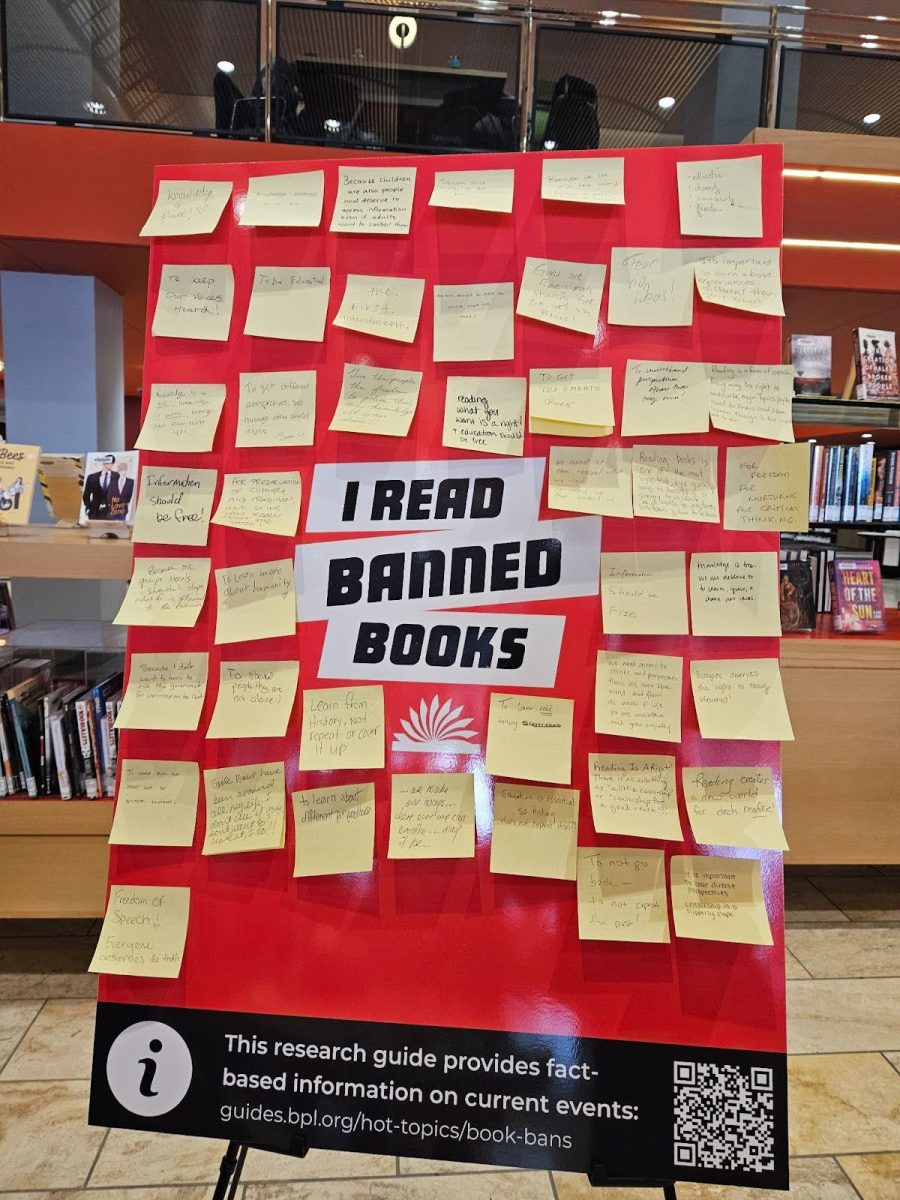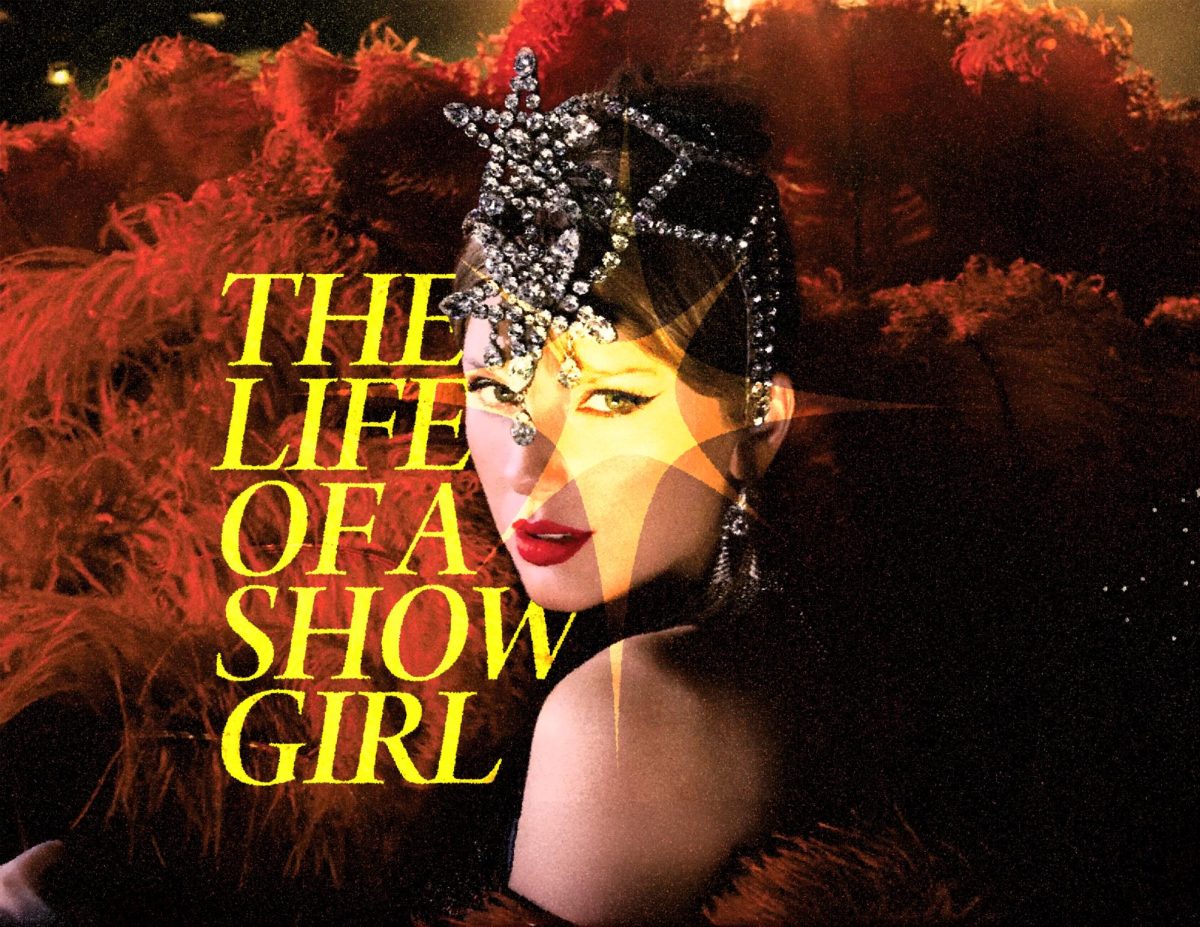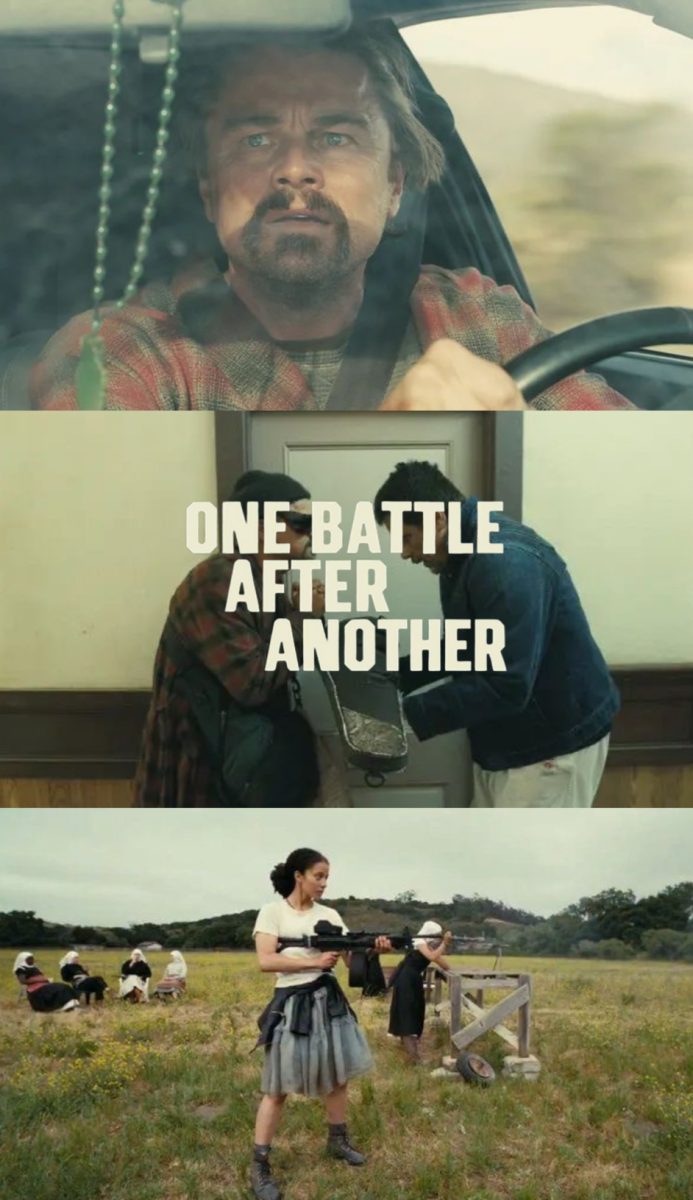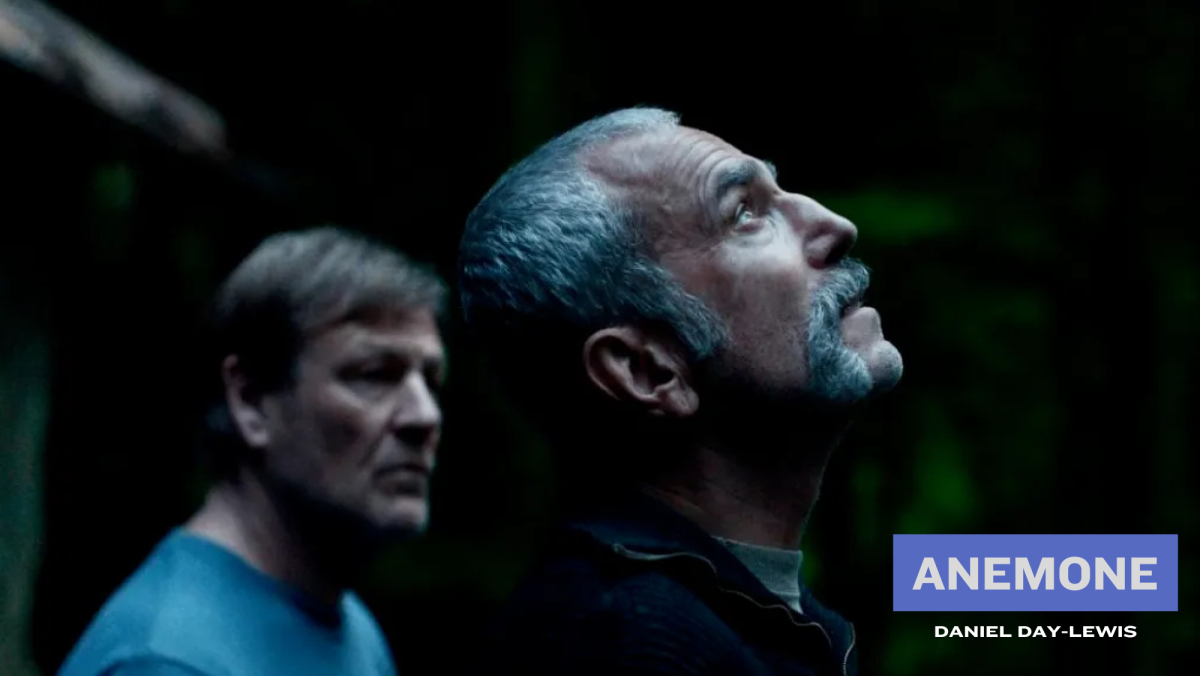Tampons, pads and periods are things that many people are familiar with nowadays. Girls may be uncomfortable with the idea of having their period at first, but as they grow older, most girls become comfortable with the idea. By having resources within reach, females learn that having your period is simply a part of you.
However, this is not the case all over the world. Rayka Zehtabchi’s documentary, “Period. End of Sentence,” shares the story of a small Indian village that struggles to end the stigma around menstruation that strongly persists in their lives.
The film, which won an Academy Award this year for best documentary short, showcases several women who feel ashamed every day as they handle their menstruation. They dispose of their homemade pads at night when nobody can see, don’t speak about their cycles in front of men and are too embarrassed to go to the store to purchase feminine hygiene products.
When the word “menstruation” is mentioned in front of the men of the village, they are unaware of what the word means and say they believe that menstruation is an “illness.” When women in the village are handed a pad by the production crew, they are incredibly confused as to what the product is and how it works.
Some girls in the community missed too many classes because of their period. They didn’t have the resources to properly deal with their cycle, so they were forced to drop out of school to better deal with their menstrual flow.
It is during moments like these that we realize just how fortunate we are to live in America, where the resources are at our fingertips and the stigma around menstruation is not nearly as strong. Though it may be awkward, we are not ashamed to mention our cycles around men. It is so sad to see how embarrassed the women in the village were, even though there is absolutely nothing they could do to avoid having their period. This documentary was not only a look into how different the stigma around menstrual cycles is, but also a look into how different our lifestyles and cultures are. To see the way that people, or more specifically women, in this village live, and how hard they work for things we would consider “everyday necessities” gives the viewer a new appreciation for the strong ladies that live in the village.
It is not until an Indian man by the name of Arunachalam Muruganantham arrives, who has invented a machine to manufacture sanitary pads, that the women begin to feel empowered. The man introduces the machine and the process of making these pads to the women of the village and they begin assembling the product themselves the next day. They give demonstrations on how the product works, and they do what they can to sell the products despite having no experience working in sales. Even the men of the village begin to educate themselves on menstruation and pads, and some men begin to manufacture the pads themselves with Muruganantham’s machine.
It is clear how differently the men look at the women of the village after learning about menstruation and seeing the sanitary napkins being manufactured. One woman says that her husband has more respect for her now that she has made an income selling pads. Another man says, “The strongest creature created by god in the world. Not the lion, not the elephant, not the tiger… the girl.”
The short documentary film can be streamed on Netflix, and those interested in donating or learning more about the cause can do so on https://www.thepadproject.org/.














